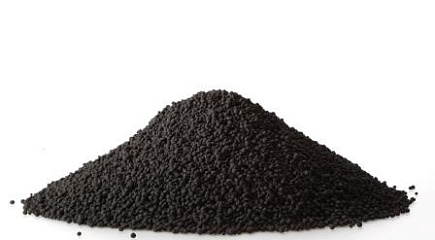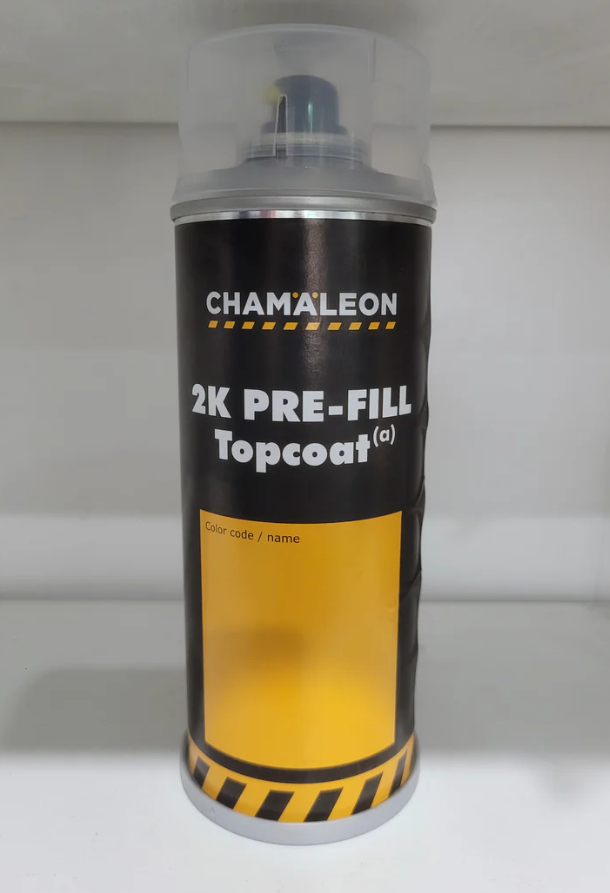The Multifaceted Benefits of Carbon Black

Carbon black is a versatile and essential industrial material derived from the incomplete combustion of heavy petroleum products. With its unique properties and applications, carbon black has become a staple component in various industries. This article will explore the diverse benefits of carbon black and recovered carbon black price, highlighting its contribution to modern society, technological advancements, and environmental sustainability.
- Reinforcing Agent for Rubber and Plastics: One of the primary applications of carbon black lies in its role as a reinforcing agent for rubber and plastics. When incorporated into these materials, carbon black significantly enhances their mechanical properties, such as tensile strength, tear resistance, and abrasion resistance. This makes rubber and plastic products more durable and extends their lifespan, resulting in reduced waste and resource conservation.
- Pigment and Colorant: Carbon dark is broadly utilized as a shade and colorant in the assembling of inks, paints, coatings, and colors. Its fine molecule size and light-retaining capacities make it an amazing dark color, giving profound, extraordinary shades of dark that are exceptionally impervious to blurring. Additionally, carbon black can be modified to produce a wide range of colors, contributing to vibrant and long-lasting products.
- UV Stabilizer: Carbon black acts as an effective ultraviolet (UV) stabilizer, shielding various materials from the harmful effects of UV radiation. By absorbing and dissipating UV light, carbon black helps prevent degradation and extends the service life of products exposed to sunlight, such as plastics, rubber, and coatings. This UV protection reduces maintenance costs and minimizes environmental impact through reduced waste.
- Tire Industry Advancements: The tire industry is the largest consumer of carbon black, with tires accounting for a significant portion of the world’s carbon black consumption. Carbon black’s reinforcing properties make it indispensable in tire manufacturing, as it improves tire strength, resilience, and wear resistance. As a result, carbon black has played a crucial role in enhancing tire performance and fuel efficiency, contributing to safer and more eco-friendly vehicles.
- Inkjet Printing and Toner Production: Carbon black is an essential component in the production of inks for inkjet printers and toners for laser printers. Its ability to disperse easily in liquid and fuse effectively in toner powder ensures precise and consistent print quality. As technology advances, carbon black continues to contribute to sharper and more vibrant prints, facilitating the production of high-quality documents and images.
- Filtration of Air and Water: The permeable idea of carbon dark particles makes them an optimal material for water and air filtration frameworks. Carbon black-based filters can effectively eliminate heavy metals, organic pollutants, and chlorine byproducts from water. Similarly, carbon black is used in air filtration to trap airborne particles and improve indoor air quality, benefiting respiratory health and overall well-being.
- Conductive and Static Dissipative Flooring: Carbon black is a vital component in conductive and static dissipative flooring systems, commonly used in sensitive environments such as laboratories, data centers, and electronics manufacturing facilities. These floors prevent static buildup, protecting sensitive equipment and preventing electrostatic discharge, which could damage electronic components. The addition of carbon black ensures the floors maintain their conductivity and effectiveness over time.
- Reinforcement for Conveyor Belts: Conveyor belts in industrial settings often face harsh operating conditions and heavy loads. By incorporating carbon black into conveyor belt materials, manufacturers can significantly enhance their strength and resistance to wear and tear. This reinforcement contributes to improved productivity, reduced downtime, and longer equipment lifespans.
- Environmental Applications: Beyond industrial applications, carbon black plays a crucial role in environmental protection. In wastewater treatment, carbon black is employed as an adsorbent to remove pollutants and heavy metals, helping to purify water sources. Additionally, carbon black has been utilized in remediation efforts to mitigate soil and groundwater contamination, demonstrating its potential as a tool for sustainable environmental solutions.
- Construction Industry Applications: The construction industry relies on carbon black in various applications. It is commonly used as a key component in asphalt and concrete formulations to enhance their mechanical properties. By adding carbon black to asphalt, roads become more durable and resistant to cracking, increasing their lifespan and reducing the need for frequent repairs. In concrete, carbon black improves the material’s strength and resistance to corrosion, contributing to the longevity of buildings and infrastructure.
- Electrostatic Discharge Protection: Electrostatic discharge can pose a significant risk to sensitive electronic components and equipment. Carbon black is often incorporated into materials used for ESD protection, such as packaging materials and protective coatings. These materials dissipate static charges and prevent potential damage to electronic devices during manufacturing, transportation, and handling, ensuring the integrity and reliability of sensitive electronics.
- Rubber Products for Automotive Industry: In addition to tires, the automotive industry relies on carbon black in the production of various rubber components. From seals and gaskets to hoses and belts, carbon black reinforcement improves the performance and longevity of automotive rubber products. This results in enhanced vehicle reliability and safety, reduced maintenance costs, and increased fuel efficiency.
- Polymer Modification: Carbon black is often utilized in the modification of polymer materials to impart specific properties. By incorporating carbon black into polymers, manufacturers can achieve desired characteristics such as improved electrical conductivity, enhanced flame retardancy, and increased resistance to chemicals and environmental stressors. These modifications expand the range of applications for polymers and foster innovation in various industries.
- Oil and Gas Industry: In the oil and gas industry, carbon black serves multiple purposes. It is used in drilling fluids to increase the fluid’s density and maintain pressure during drilling operations. Additionally, carbon black is used in the manufacturing of oil well cement, which provides a strong and impermeable seal between the steel casing and the surrounding rock formations. These applications are essential for safe and efficient oil and gas extraction.
Carbon black’s multifaceted benefits have made it an indispensable material in various industries, from rubber and plastics to inks, coatings, and electronics. Its unique properties as a reinforcing agent, pigment, and conductive agent have paved the way for countless technological advancements, while its role in environmental applications underscores its contribution to sustainable practices. As industries continue to innovate and evolve, carbon lead battery will undoubtedly remain a key component in shaping a more resilient, efficient, and eco-friendly future.







